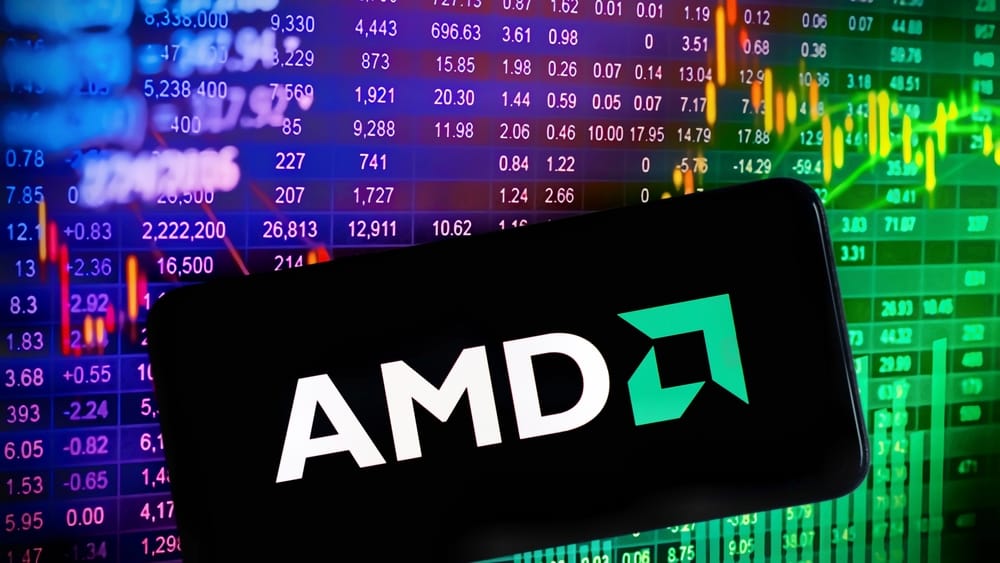Advanced Micro Devices (AMD) has been hit with another blow as KeyBanc Capital Markets downgraded the semiconductor giant from “Overweight” to “Sector Weight,” signaling rising concerns about the company’s near-term outlook.
This move follows a string of cautious analyst sentiments surrounding AMD’s competitive positioning and earnings potential.
The Rationale Behind the Downgrade
KeyBanc analyst John Vinh cited two primary reasons for the downgrade: intensifying pricing competition with Intel in the personal computer (PC) chip market, and growing uncertainty around AMD’s AI chip sales in China due to evolving U.S. export restrictions.
Intel has reportedly been slashing prices aggressively to regain market share, a move that could trigger a price war in the already competitive PC processor space.
According to Vinh, this puts AMD in a tight spot—either match Intel’s pricing to maintain share and sacrifice margins, or hold pricing steady and risk losing volume.
“The potential for margin compression is real,” Vinh noted. “And it could weigh on earnings performance over the next several quarters.”
Geopolitical Pressures on AI Ambitions
Another major concern flagged in the report is AMD’s AI chip business in China, one of its most significant international markets. With the U.S. government enforcing stricter export controls on advanced semiconductors to China, AMD may find it increasingly difficult to scale its AI operations there.
These policy headwinds cast doubt on whether AMD can meet investor expectations for its data center and AI divisions—areas that have been heavily touted as key growth engines for the company.
Market Reaction and Broader Implications
Despite the downgrade, AMD’s stock edged higher in early trading, gaining about 1.6% in premarket activity.
However, the stock remains down roughly 31% year-to-date, reflecting broader investor skepticism about AMD’s growth narrative.
For investors, the KeyBanc downgrade underscores the growing complexity in the semiconductor sector.
AMD, once viewed as a nimble disruptor, now finds itself navigating both macroeconomic pressures and geopolitical risks that could significantly impact its strategic direction.
What It Means Going Forward
The downgrade doesn’t necessarily spell doom for AMD, but it does signal a need for recalibrated expectations. While AMD continues to innovate and maintain a strong product roadmap, especially in high-performance computing and AI, short-term volatility is likely.
Investors may want to keep a close eye on AMD’s upcoming earnings, any developments in U.S.-China trade policy, and pricing dynamics within the PC processor market.
In the meantime, this downgrade could prompt portfolio managers to reallocate funds toward semiconductor names with less exposure to China or more stable margin structures.
Also Read
